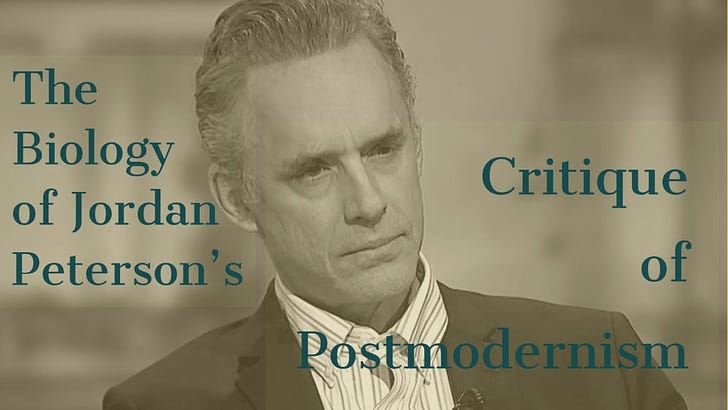Okay, I’ll start with a confession: I have a terrible memory. Honestly, if you asked me what I read yesterday, most days, I’d have a hard time recounting. So, cut the old man a little slack, here.
In the last post, suggesting the outlines of a biological realist approach to power, I linked to a four-year-old video I’d recorded, criticizing Jordan Peterson’s, at that time, standard response to the postmodernist precept that everything was about power. As it happened, one of the regular contributors to the comment section discussions of these posts, Dr. Grant Smith, asked me in the comment section to that video whether I was playing a bit fast and loose with the definition of “power.” (Malenkiy Scot asked the same question in the comments to that last post.) Now, again, that video was made four years ago. Remember, I can’t remember what I read yesterday (did I read anything yesterday?) So, I got wondering if I did address the definition at all in that video.
So, despite being utterly horrified by the sight (and sound) of myself on video, I decided to give it a watch.
First thing, I’m content with the definition I provided. In fact, in hindsight, I wish I’d watched the video before writing the last post; that definition would have been worthy of including in the post.
However, the much bigger discovery was that the video went way beyond what I had recollected. It wasn’t merely a criticism of Peterson’s position. In fact, it made the far more ambitious argument that Peterson’s inadequate position effectively constituted an abdication of a more powerful argument, which could have the effect of cornering the postmodernists into a “heads I win, tails you lose” type theoretical conundrum. So, as an extension of the position for which I was trying to provide an initial sketch in the last post, this seemed like a worthy addendum, which maybe should be more fore-fronted, here, rather than just left as a facultative link. Hence, the current post.
The video nicely dovetails with the last post. The arguments in the video are underpinned by the analyses in the last post, providing a deeper foundation for them than I could have provided in the video, while simultaneously providing an example of the intellectual firepower that can be derived from those analyses.
Just as a caveat, I’ll mention that this video was made a couple years before I started work on The Managerial Class on Trial, so I didn’t have readily available at my fingertips the language or concepts of what I’d now call managerial liberalism. If I’d had them so available, I’d have used that language in lieu of any reference to “cultural Marxism,” a term which I would now discourage. So, with that little qualification in mind, here’s the video.


